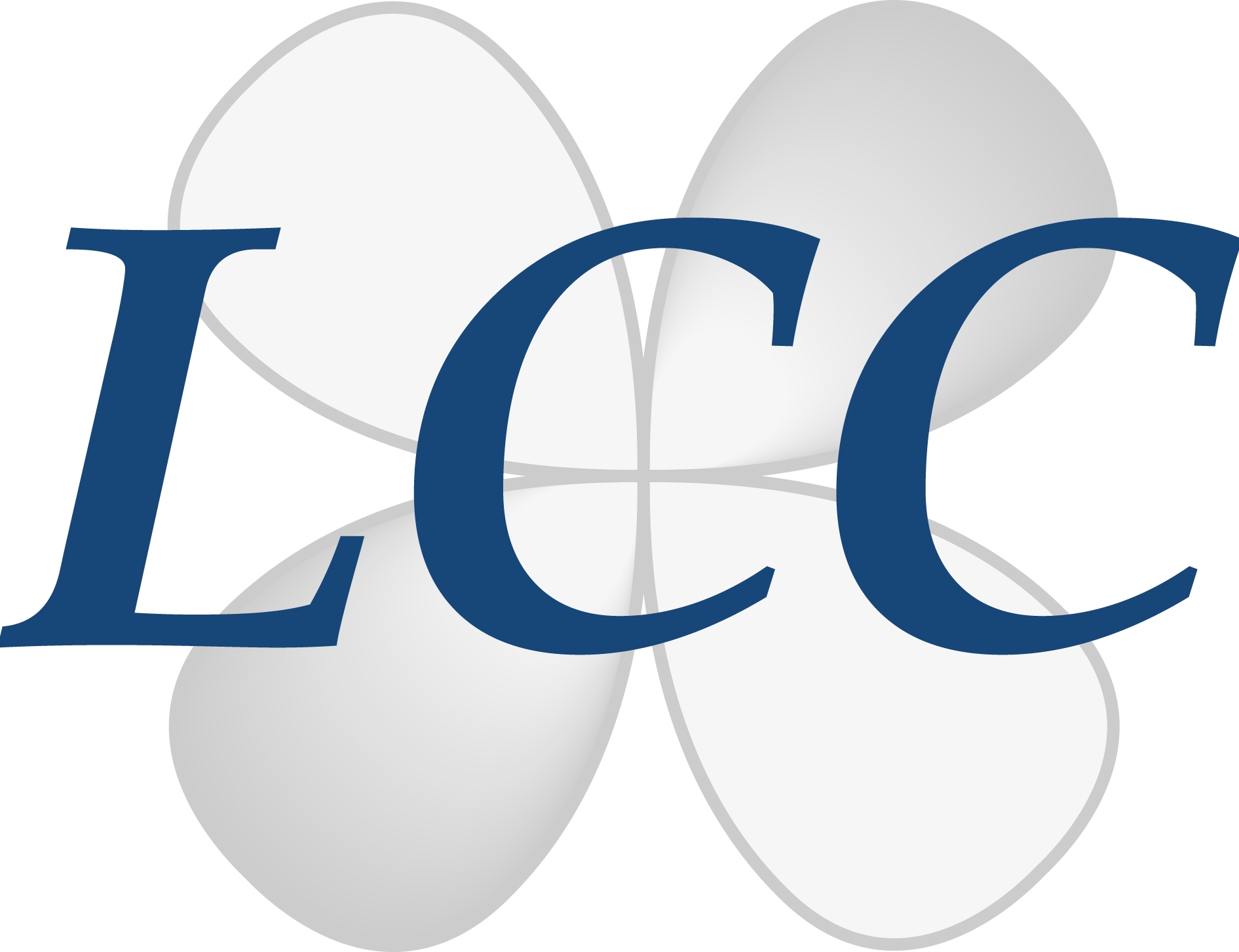Synthesis of functional nanoparticles for electrocatalytic water splitting
NANOSCIENCE

Lab: LCC
Duration: 6 months full-time internship
Latest starting date: 01/06/2022
Localisation: Ingénierie des Nanoparticules Métalliques, Laboratoire de Chimie de Coordination (Toulouse), 205 Route de Narbonne, 31400 Toulouse
Supervisors:
Karine PHILIPPOT, Dr karine.philippot@lcc-toulouse.fr
Nuria ROMERO, Dr nuria.romero@lcc-toulouse.fr
Work package:
Finding new renewable energy sources to replace fossil fuels is an urgent societal challenge to decrease CO2 levels in our planet.[1] The use of hydrogen is considered nowadays one of the most promising solutions. Eco-friendly hydrogen can be obtained from the electrocatalytic water splitting reaction (Figure 1), but the efficiency of the reaction is highly demanding.[2] Improvements of the electrocatalysts to split water into oxygen and hydrogen (water oxidation catalyst & hydrogen evolution catalysts) is a state-of-the-art challenge. A particular focus is on the use of Earth-abundant metals to replace scarce noble-metal catalysts.[3] Metal nanoparticles have a high surface/volume ratio compared to bulk materials, which is an advantage in catalysis. In addition, metal nanoparticles can be functionalized or supported, which allows tuning their catalytic properties.[4]
The aims of the internship will be the synthesis and characterization of functionalized metal nanoparticles (and their oxides) based on Earth abundant metals and their use as electrocatalysts for the hydrogen evolution and oxygen evolution half reactions. The selected candidate will manage the synthetic techniques under inert atmosphere and pressure, as well as the characterization of the nanoparticles by common solid-state techniques like TEM/HRTEM, IR, XRD, XPS, ICP, etc. Moreover, the nanoparticles obtained will be used to functionalize electrodes in order to evaluate their electrochemical behavior in aqueous media, in order to find accordingly the best synthetic conditions to achieve optimal electrocatalytic performances.
The internship will be supervised by Karine Philippot, research director at CNRS and head of the research group “Engineering of metal Nanoparticles” and Nuria Romero, postdoctoral fellow. The team located at Laboratory of Coordination Chemistry (LCC-CNRS) in Toulouse has a large experience in the synthesis and characterization of metal nanoparticles by the organometallic approach,[5] which allows a high control on the size, surface and composition of the nanoparticles. Previous research closely related to the work proposed has been recently carried out in the group leading to highly active nanoparticles for the water splitting.[6] The group hosts often people from abroad bringing a dynamic and enriching atmosphere. Regular group meetings and personal follow-up meetings between permanent staff and students result in a high level of scientific work.
References:
[1] Looney B., Statistical Review of World Energy, 2020, 69th Edition, Bp, 69-66.
[2] Xiang C.; Papadantonakis K. M. and Lewis N. S., Mater. Horizons, 2016, 3, 169.
[3] Zou X.; Zhang Y., Chem. Soc. Rev., 2015, 44, 5148.
[4] Creus, J.; De Tovar, J.; Romero, N.; García-Antón, J.; Philippot, K.; Bofill, R.; Sala, X., ChemSusChem, 2019, 12, 2493.
[5] Amiens C.; Ciuculescu-Pradines, D.; Philippot K, Coord. Chem. Rev. 2016, 308, 409.
[6a]. N. Romero, R. Barrach Guerra, L. Gil, S. Drouet, I. Salmeron-Sànchez, O. Illa, K. Philippot, M. Natali, J. García-Antón, X. Sala, Sustainable Energy Fuels, 2020,4, 4170. [6b] J. Creus, J. De Tovar, N. Romero, J. García-Antón, K. Philippot, X. Sala, ChemSusChem 2019, 12, 2493. [6c] J. Creus, S. Drouet, S. Suriñach, P. Lecante, V. Collière, R. Poteau, K. Philippot, J. García-Antón, X.Sala, ACS Catal., 2018, 8, 11094.
Areas of expertise:
Nanochemistry; Catalysis; Electrochemistry; Water splitting; Hydrogen.
Required skills for the internship:
We are looking for a highly motivated and dynamic student with strong commitment and responsibility. Prior experience in synthesis of air-sensitive materials and knowledge of solid-state characterization techniques is an advantage. Some experience in electrochemistry will be appreciated. High level of spoken and written English is mandatory.
